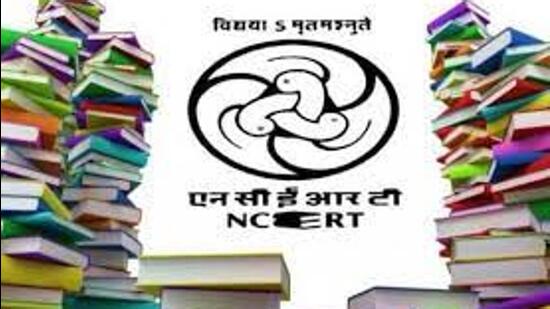Panel set up for Indian Knowledge System’s integration in books
According to a senior NCERT official the committee will prepare documents in three languages – Hindi, English and Urdu
The National Council of Educational Research and Training (NCERT) has notified a 19-member committee to ensure integration of the Indian Knowledge Systems (IKS) in new school textbooks across subjects for classes 3 to 12.

The “Curriculum Area Group (CAG): Indian Knowledge System”, is chaired by MD Srinivas, Chairman of Centre for Policy Studies in Chennai and it has been formed in continuation of another 19-member National Syllabus and Teaching Learning Material Committee (NSTC) that was notified in July to finalise the curriculum, textbooks and learning material for these classes, NCERT said in a notification.
NSTC was expected to further constitute at least 11 CAGs in different subject domains. So far, it has constituted CAGs for innovative pedagogy and teaching learning material and IKS.
The National Education Policy (NEP) 2020 speaks of teaching the “rich heritage of ancient and eternal Indian knowledge and thought” as a guiding principle. The government has taken several steps to incorporate IKS in the education system in the last three years including introduction of IKS courses in higher education institutions, and promotioing research in IKS by starting a full-fledged division under the union ministry of education.
“The CAG for Indian Knowledge Systems will prepare a guideline document for other CAGs that lays out some of the facts and principles that should ideally be integrated into each subject at each stage,” the NCERT notification stated.
Srinivas, who is also a member of NSTC and a guest faculty at IIT-Gandhinagar, will chair the panel. The other members of the panel include Michel Danino, a visiting professor at IIT-Gandhinagar and also member of NSTC, Manjul Bhargav, a professor at Princeton and one of the world’s top mathematicians who is also co-chairperson NSTC, V Ramanathan, an assistant professor at IIT-BHU, Rama Jayasundar, HOD of NMR at AIIMS, and Ganti S Murthy, national coordinator of the ministry of education’s IKS division.
The committee headed by Srinivas will review textbooks and teaching and learning materials (TLM) prepared by other CAGs to ensure that IKS content has been incorporated adequately. “The CAG may also develop syllabi and corresponding teaching learning material including activity books, workbooks, teachers’ handbooks, for classes 11 and 12 as per the National Curriculum Framework for school education 2023,” NCERT’s notification stated.
According to a senior NCERT official the committee will prepare documents in three languages – Hindi, English and Urdu. “TIt will submit the syllabus to NCERT and NSTC by November 20. The timeline for submitting the first draft of textbooks and teaching learning material is December 31, and their final versions by January 31, 2024,” said the official, requesting anonymity.
NCERT has already released the National Curriculum Framework (NCF) for school education, based on which the NSTC is now working on finalising the textbook content. NCERT is revising school curriculum in line with the national education policy (NEP) 2020.
Jyoti Arora, Principal Mount Abu Public School, said, “ Including the Indian Knowledge System in school curriculum is crucial. It helps students connect with their cultural roots, provides a well-rounded education, and encourages them to think across subjects. It also teaches sustainable practices, which are important for today’s world. By adding the Indian Knowledge System, we keep our traditions alive and prepare students for a balanced education. This way, they can become more knowledgeable and responsible individuals, making a positive impact on society and the world.”






